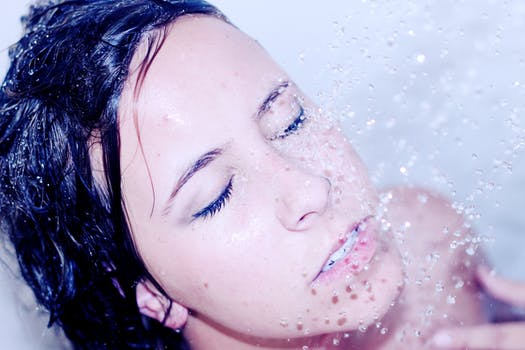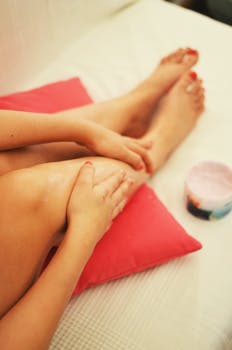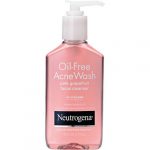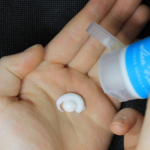Dry skin
This week I will talk about Dry skin! Having dry skin can be very common and although some people may suffer from it on an ongoing basis, it is also possible to have occasional dry patches here and there. Dry skin may be more common in older people, but like all other skin types, it can happen to anyone, at any age! So let’s go… 
What causes dry skin?
People have dry skin when there is a lack of water in the superficial layer of your skin. This water level can be disturbed during cold winter months or in drier climates, causing the skin to dry out. People who work daily in offices may also experience drier skin due to prolonged contact with air conditioning/heating. Dry skin can also occur if the oils in the skin are low as they help trap moisture in the skin, this can be due to several things such as diet, stress level, climate and products you use etc.
How do you identify dry skin?
People who have dry skin usually suffer from one or more of these problems:
- Scaly Patches/Dry Patches
- Dull/rough complexion
- Tight pores • red spots
- Makeup can “stick” to the face/stick to dry patches
Again note that if you have these issues on some areas of your face and not others, you may have combination skin!

How can I treat dry skin?
- Use a mild gentle cleanser twice a day. Preferably use a cleanser with a rich consistency or a higher level of oil than water to nourish the skin.
- Avoid over-exfoliation. Use a gentle exfoliator once a week.
- Try to keep the skin away from makeup or skin care products that are drying.
- Use a rich moisturizer twice daily to keep skin nourished and hydrated. • Apply a suitable mask once or twice a week.
What ingredients will benefit dry skin?
- Glycolic acid – Helps gently slough off dead skin cells and jump-start skin renewal. This is beneficial for almost all skin types.
- Lactic acid – This is similar to glycolic acid but works at a slower rate. It helps to exfoliate, brighten and lighten the skin. It can also help seal in moisture.
- Urea – This is surprisingly used by dermatologists because it is a natural humectant, so it attracts moisture to the skin.
- Hyaluronic acid – This helps bind moisture to the skin without disrupting the skin’s oil levels! This is again a brilliant and beneficial ingredient for almost all skin types.
- Anti-oxidants – Any type of anti-oxidant will help protect the skin against the environment which in turn helps moisture and oil levels to stay stable.
- Linoleic acid – This ingredient is best known for its ability to heal, hydrate and plump.

Also note that you should use this article in conjunction with my “Skincare Basics” article to take better care of your skin! I hope you enjoyed this week’s article! I’ll be back next week to talk about sensitive skin, so be sure to check it out! I hope you got some information out of it today that you can use. If you suffer from dry skin, let me know what you do to treat it! I hope you have enjoyed your week! , SJL-X






